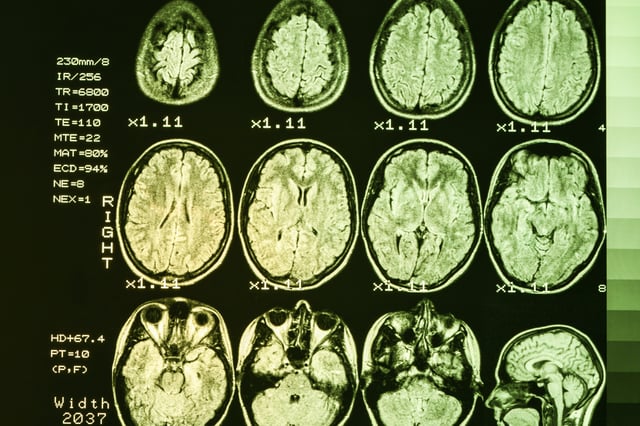Overview
- uniQure reported that high-dose AMT-130 recipients showed about a 75% slowing of clinical progression over 36 months compared with an external matched cohort.
- Thirty‑six month data cover 29 treated patients including 12 on the high dose in a Phase I/II study that lacked randomized placebo controls.
- Cerebrospinal fluid neurofilament light levels trended down after treatment, and functional measures favored therapy, with most adverse events tied to the neurosurgical procedure and resolving.
- AMT-130 is a one-time MRI-guided brain infusion into the striatum of a viral vector carrying microRNA designed to lower production of mutant huntingtin.
- Experts welcomed the signal yet urged caution due to the small, unreviewed dataset, and uniQure plans to seek U.S. accelerated approval in early 2026 as questions about durability, safety, cost, and access remain.



